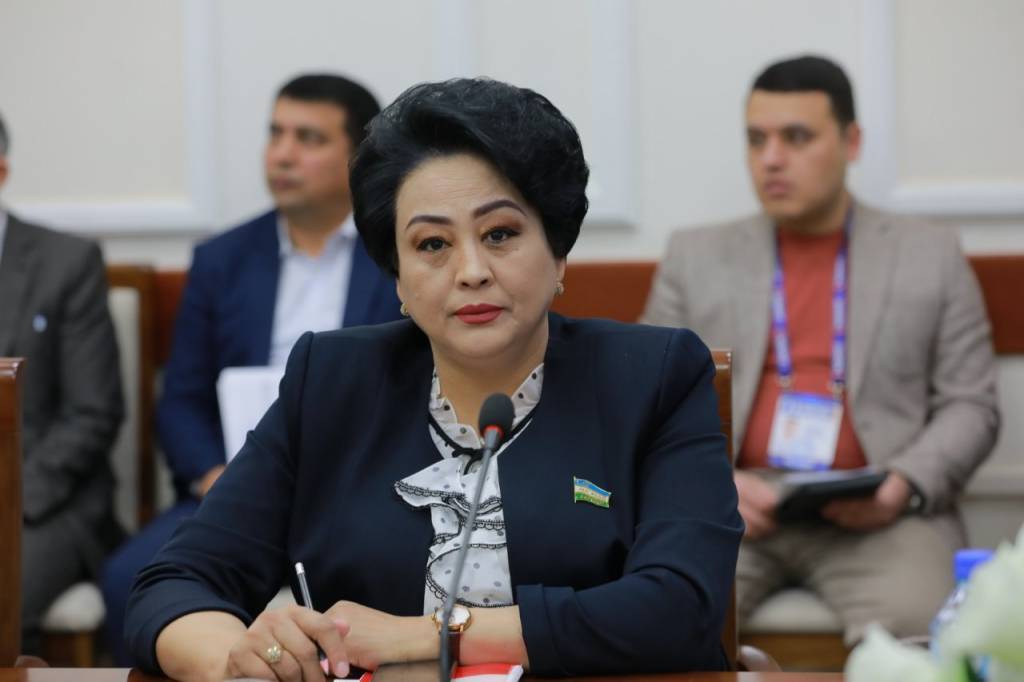
Response
On October 13, the capital of Kazakhstan hosted the Summit of the Conference on Interaction and Confidence Building Measures in Asia (CICA).
It is the second prestigious forum organized by the countries of Central Asia in the last month. These two forums brought together world leaders who have the right to vote and a place in the process of the new geopolitical reality that is being formed in the world today. They exchanged views on issues that serve the development of the continent and the neighboring countries of the region.
In Astana, the CICA Summit was attended by 28 member states, 9 more countries and 5 international organizations with the status of observers.
President of the Republic of Uzbekistan Shavkat Mirziyoyev, in his speech at the summit, assessed the current international situation, which is developing against the backdrop of an unprecedented lack of dialogue and trust, and growing uncertainty in international relations.
In particular, the Head of the state drew attention to the fact that new geopolitical realities have a negative impact on the stability of the entire Asian region. Crisis phenomena directly affect the Central Asian states and hinder our efforts to deepen economic integration.
At the same time, the Head of the state put forward six initiatives aimed at ensuring the development of the region and member states, increasing activity within the Organization.
The first initiative notes the need for paying special attention to the situation in Afghanistan, which, against the background of other acute international problems, began to fade into the background. Shavkat Mirziyoyev called for the development of common, coordinated approaches to interaction with the interim government of Afghanistan.
It is no secret that at international and regional conferences, the Leader of Uzbekistan constantly puts forward initiatives aimed at improving the well-being of the long-suffering Afghan people, strengthening cooperation in restoring the country’s socio-economic infrastructure.
Peace and tranquility established in this country are important not only for the Afghan people, but also for the development of the countries of Central and South Asia and the region as a whole. This can be seen in the example of the trans-Afghan railway project Termez – Mazar-i-Sharif – Kabul – Peshawar. The project is important in that it will further strengthen not only the economies of the countries of the region, but also friendly ties, as well as the chain of uninterrupted food supply, which is one of the global problems in the world today.
Another initiative put forward by the Leader of our country is the protection of the younger generation from radicalism, the establishment of systemic cooperation to direct their strength and energy to creation. These issues require special attention. Because young people who have fallen under the influence of such currents are destroying not only themselves, but also their peers. Moreover, their actions, committed under the influence of alien ideas, have a negative impact on the development of relations between peoples and states, which are bound by friendship and brotherhood.
In this regard, the President, as a co-chair of the Youth Council, proposed launching a new format – the Dialogue of Generations, designed to promote better mutual understanding between people of different ages, a joint search for solutions to the most pressing problems of youth.
At the same time, the President of the Republic of Uzbekistan put forward several initiatives to adapt the economies of Asian countries to the growing negative consequences of the global crisis. In particular, the need was noted for preventing the strengthening of protectionism, the introduction of new restrictions that destabilize global markets, as well as strengthening connectivity in the Asian region, primarily through the creation of production and logistics chains and transport corridors that effectively connect Central Asia with South and East Asia, as well as the Middle East.
As a fourth initiative, it was proposed to promote the knowledge economy as the basis for the transition to a new stage of the global industrial revolution, to make fuller use of the potential of innovation transfer, to actively stimulate digitalization, the development of cloud technologies, artificial intelligence, and the Internet of Things.
In a word, new approaches were also proposed to overcome problems in ensuring food security. Proposals were made to join efforts in the intensive greening of our countries and support vulnerable ecosystems.
In conclusion, it should be noted that the implementation of such initiatives within the framework of the Organization’s activities will serve the sustainable development of the entire Asian continent in the era of the new geopolitical reality that has emerged today.
Makhfirat KHUSHVAKTOVA,
Deputy of the Legislative Chamber of the Oliy Majlis of the
Republic of Uzbekistan.
UzA